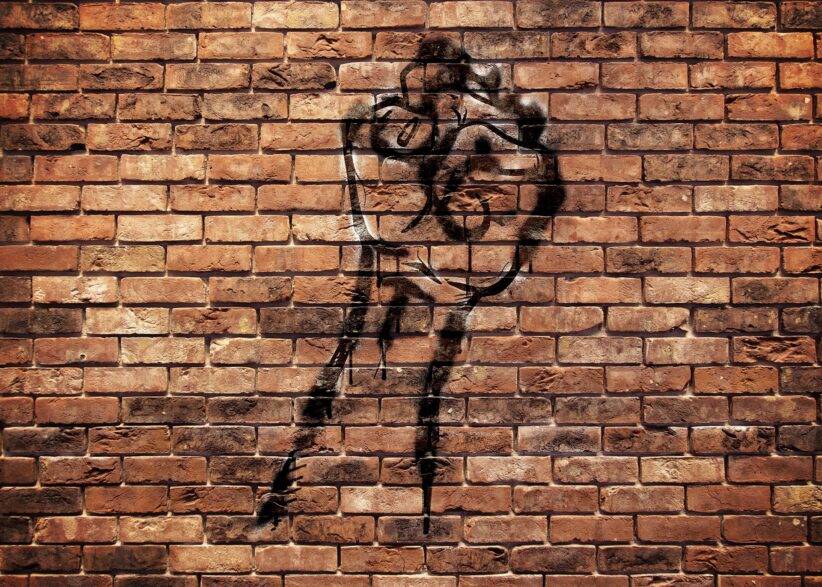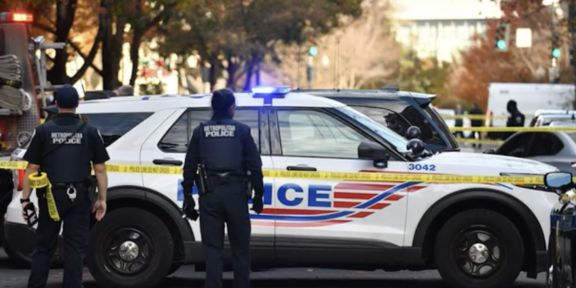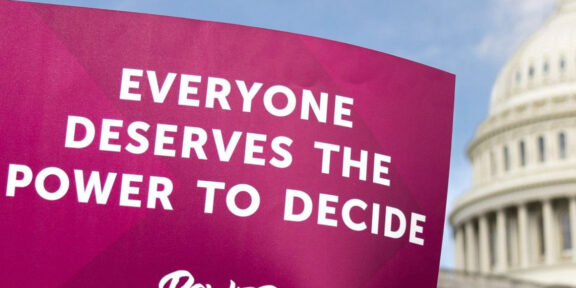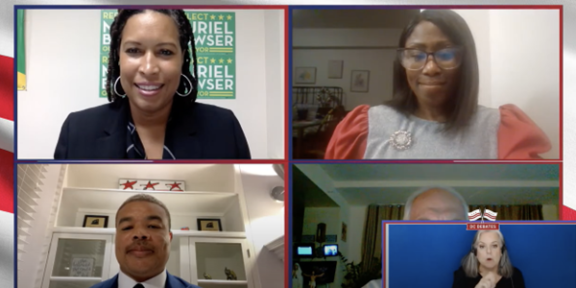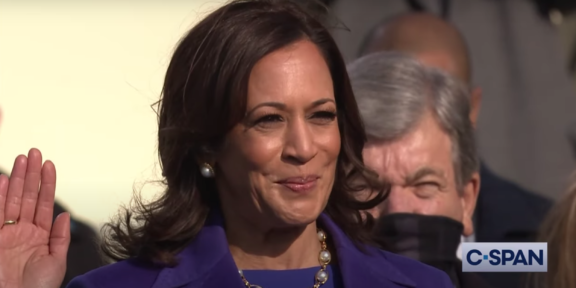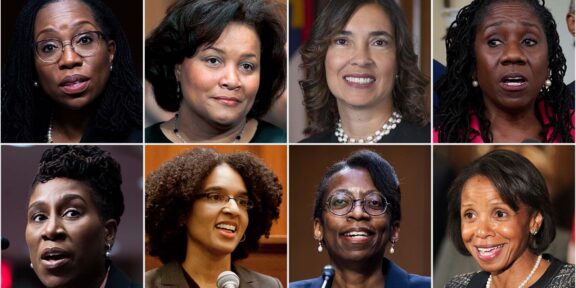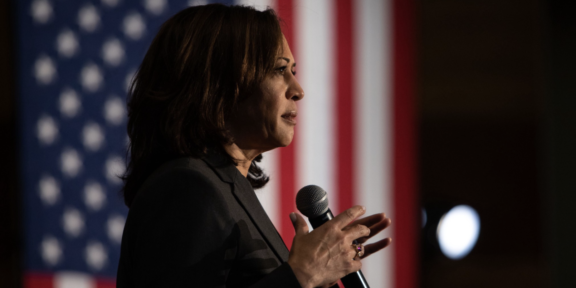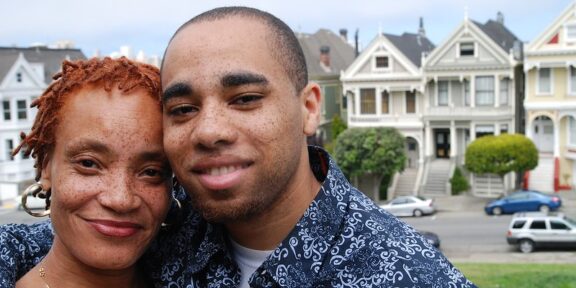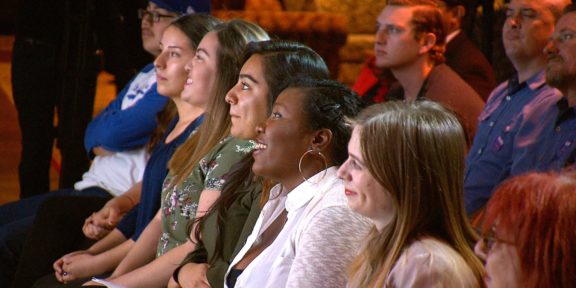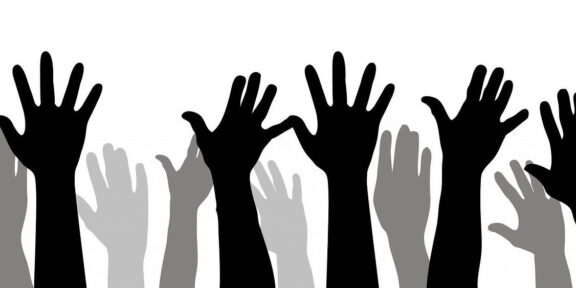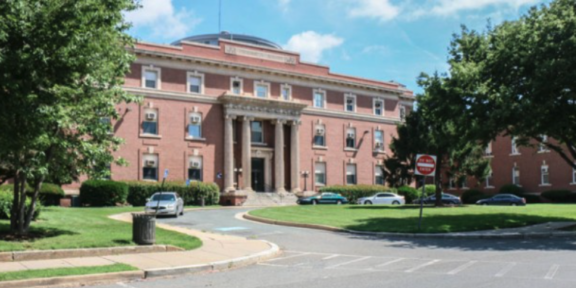By Phenix S. Halley
Howard University News Service
African Americans have a long history with politics and policy in this nation. Until the Voting Rights Act of 1965 was passed, Black people in some locations around the country were intimidated from participating in the political system.
“It’s all based on a lie,” said Enyonam Tetteh when asked about democracy in the U.S. “You can’t trust a system that’s not transparent.”
Tetteh is a Georgia resident who has already submitted her ballot through early voting. Like many other Black voters, Tetteh says she is skeptical of the American political system but “makes it work” for her just like the African Americans before she once did.
Tetteh attributed her tenacity to vote to the leaders of the Civil Rights Movement and the Black Panther Party. She highlighted activists like Dr. Martin Luther King Jr. and Angela Davis and how they “emphasized how important it is for us to be an active participant in the thing that will influence and change our daily, everyday life.”
Tetteh has made it her duty to vote in every election since she first registered at 21 years of age. To her, “democracy is being able to have the chance to attain freedom.” She says political freedom means using her voice and power to effect change by voting.
Jabari Wise, a Washington, D.C., native, agrees that Black people hold power in their vote. He also believes the biggest downfall of the Black community is the lack of political knowledge. “A lot of people just don’t know the procedures,” Wise said.
Wise attended a public school in the District, where he was required to take civics classes, but for many Black children nationwide, government and politics is not taught in school or at home, which leads to a strong distrust and even a fear of politics.
A study conducted by the Annenberg Public Policy Center shows that only 47% of American adults could name the three branches of government. This lack of knowledge translates to the misunderstanding of the system in which they are directly affected.
Jha’Quez Wright is a freshman college student, and this election would be his first time casting a vote. Wright attends school in a state different from which he is registered to vote, preventing him from voting in person.
For out-of-state college students, the solution to this issue is applying for and submitting absentee ballots through the mail. Many young adults rely on this form of mail-in voting, however, Wright was completely unaware of the option to mail in his ballot.
Wright said he was never formally taught about politics. The 19-year-old simply goes off what he has experienced to form opinions about the current state. Wright wishes more people in the Black community would discuss politics in order to help young adults gain knowledge about the American governing system.
“Once we understand the political system, then we can change the way we act and the way we talk about [politics],” he said.
Despite these challenges, the Black community continues to show up.
By this year’s election day, the number of Black voters is projected to reach 32.7 million, a record high, according to the Pew Research Center. In key states like Georgia, the Black vote may account for up to 33% of the total vote in the state, in many cases, becoming a deciding factor between candidates.
The overwhelming presence of the Black vote during election season means historic voter turnout. “We have always been the cornerstone for everything in the American system,” Tetteh said. “The American system does not exist without African Americans.”
In the case of the 2008 Presidential race between President Barack Obama and Sen. John McCain, Black people voted in record numbers, almost equaling the percentage of white voters in that year, according to the Pew Research Center.
The election of America’s first Black President gave African Americans hope. Wise and Tetteh both agreed Obama’s election was the most impactful political event of their lifetime and helped them to believe in American democracy.
After President Donald Trump’s 2016 victory, Black turnout fell by 7.1%, according to a Brookings report. A 2019 research project conducted by Third Way and the Joint Center for Political and Economic Studies, found that “80% of Black Americans say Trump’s election has made people with racist views more open to expressing them.”
The election of President Joe Biden in 2020 saw the highest number of Black votes since 2012, according to the Brennan Center For Justice.
Since then, activists and politicians, such as Stacey Abrams, have worked to increase Black participation and education in American politics. Her organization, Fair Fight, has registered 800,000 new voters in the state, mostly people of color.
The growth of Black voters in recent years gives hope to African Americans that feel underrepresented and unheard.
Young adults like Wright hope the Black community will form a more “united community” to fight against the country’s “rigged” system.

